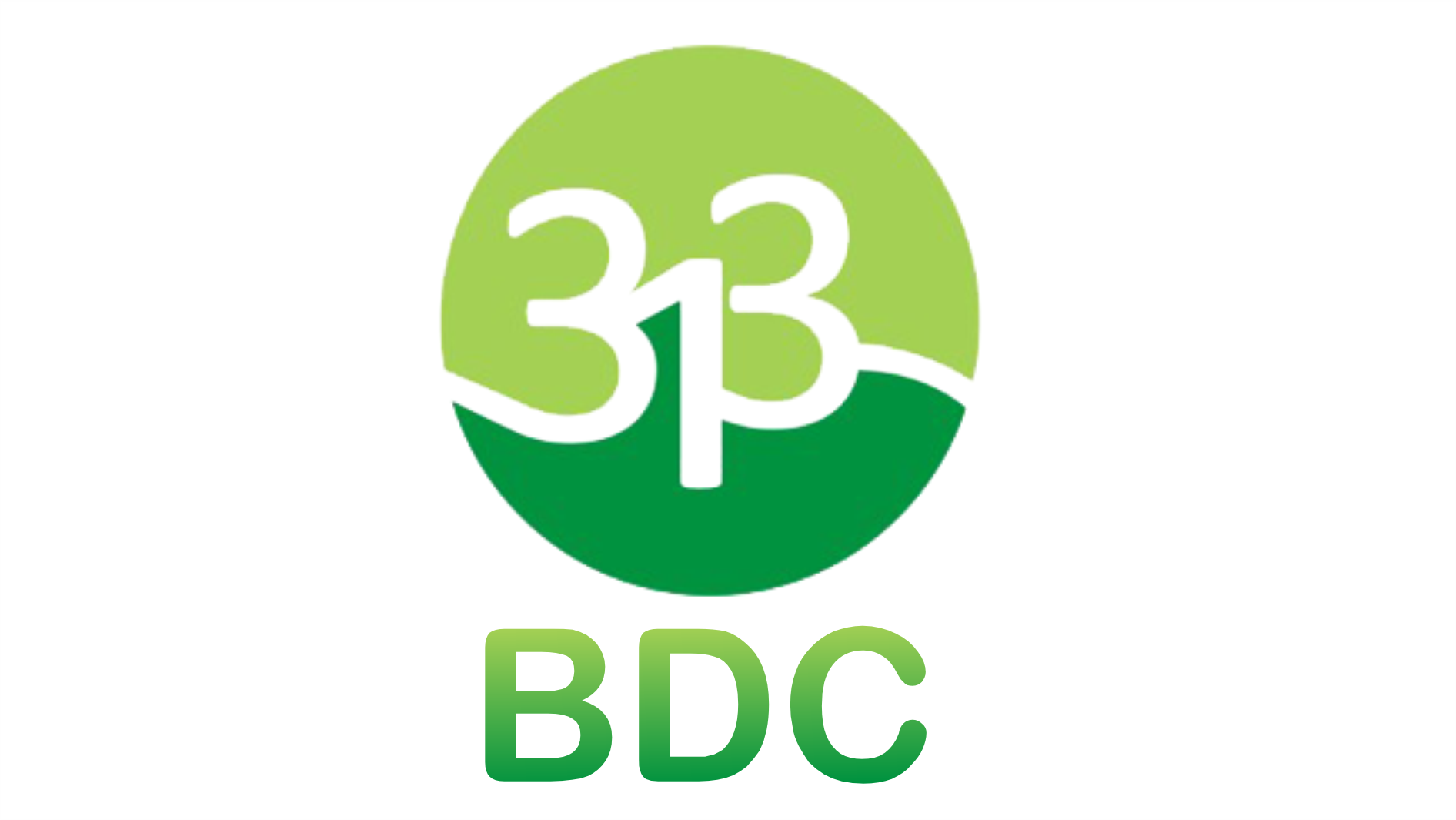The Benefits of Microfinancing for Small Business
Microfinancing has emerged as a transformative tool for small businesses, particularly in developing economies where access to traditional banking services is limited. By providing essential financial resources, microfinance institutions (MFIs) empower entrepreneurs and foster economic growth. This article explores the numerous benefits of microfinancing for small businesses and highlights its role in promoting financial inclusion and sustainability.
Understanding Microfinancing
Microfinancing refers to the provision of financial services such as small loans, savings accounts, and insurance to individuals or groups who typically lack access to conventional banking systems. This approach is particularly beneficial for low-income entrepreneurs who may not meet the stringent requirements of traditional lenders. Beyond just lending money, many MFIs offer financial education and business training, equipping borrowers with essential skills to manage their finances effectively.
Key Benefits of Microfinancing for Small Businesses
1. Increased Access to Capital
One of the most significant advantages of microfinancing is the increased access to capital it provides. Small businesses often struggle to secure funding due to a lack of credit history or collateral. Microfinance offers tailored loan amounts that allow entrepreneurs to start or expand their operations without the barriers posed by conventional banks. For instance, a small vendor can obtain a loan as low as $100 to purchase inventory, enabling them to grow their business sustainably.
.
Flexible Repayment Terms
Microfinance institutions typically offer flexible repayment schedules that accommodate the cash flow realities of small businesses. Unlike traditional loans with rigid payment structures, microloans can be repaid in smaller installments over extended periods, reducing the financial burden on entrepreneurs. This flexibility allows business owners to manage their finances more effectively and invest in growth opportunities.
3. Financial Literacy and Business Training
Many MFIs go beyond lending by providing financial literacy programs and business training workshops. These initiatives equip entrepreneurs with vital skills in budgeting, saving, and managing expenses. Enhanced financial management capabilities lead to better decision-making and increased chances of business success.
4. Empowerment of Women Entrepreneurs
Microfinancing has been particularly impactful in empowering women entrepreneurs, who often face cultural and societal barriers in accessing finance. By targeting female borrowers, MFIs help women gain financial independence and contribute significantly to their families' wellbeing. Success stories abound where women have used microloans to start businesses that not only uplift their households but also create jobs within their communities.
5. Economic Growth and Job Creation
By facilitating access to capital for small businesses, microfinancing stimulates economic growth at the grassroots level. As entrepreneurs expand their operations, they create job opportunities, contributing to local economies. The ripple effect of this growth enhances community resilience and reduces poverty levels.
Encouragement of Savings and Financial Stability
Microfinance encourages a culture of saving among borrowers by offering savings accounts alongside loans. This practice helps individuals build financial stability and prepares them for unforeseen expenses or emergencies. A secure savings habit can significantly improve the quality of life for low-income families.
7. Reduction of Poverty
Microfinancing plays a crucial role in poverty alleviation by enabling individuals to generate income through entrepreneurship. Access to financial resources allows families to improve their living standards, invest in education for their children, and enhance overall well-being. As more people become economically self-sufficient, communities experience reduced poverty levels.
.
Conclusion
Microfinancing stands as a powerful mechanism for supporting small businesses and fostering economic development in underserved communities. By providing access to capital, flexible repayment options, financial education, and empowerment opportunities—particularly for women—microfinance institutions are reshaping the landscape of entrepreneurship. As these small enterprises thrive, they contribute not only to individual prosperity but also to broader economic growth and social stability. Investing in microfinance initiatives can yield significant returns—not just financially but also socially—by creating sustainable pathways out of poverty for countless individuals around the world. The continued support for microfinance will be instrumental in building resilient economies that uplift communities and empower future generations.
Conclusion
Choosing the right payment gateway involves evaluating multiple factors that directly affect your business operations and customer experience. With options like 313gateway offering competitive pricing, robust security features, and excellent customer support, businesses can find a solution that meets their specific needs. Investing time in selecting the right payment gateway not only enhances operational efficiency but also improves customer trust and contributes to overall business success in the ever-evolving online marketplace.
At 313, we prioritize customer satisfaction. We offer comprehensive support throughout your journey, from onboarding and integration to ongoing assistance and troubleshooting. Our knowledgeable and friendly support team is readily available to address your queries and ensure a smooth experience.
We’re available 24/7! You can reach us through the following ways:
● Phone: Our support lines are always open—feel free to call us anytime.
● Email: Send us an email, and we’ll get back to you as quickly as possible.
● Social Media: You can also reach out to us on social media for quick responses.





